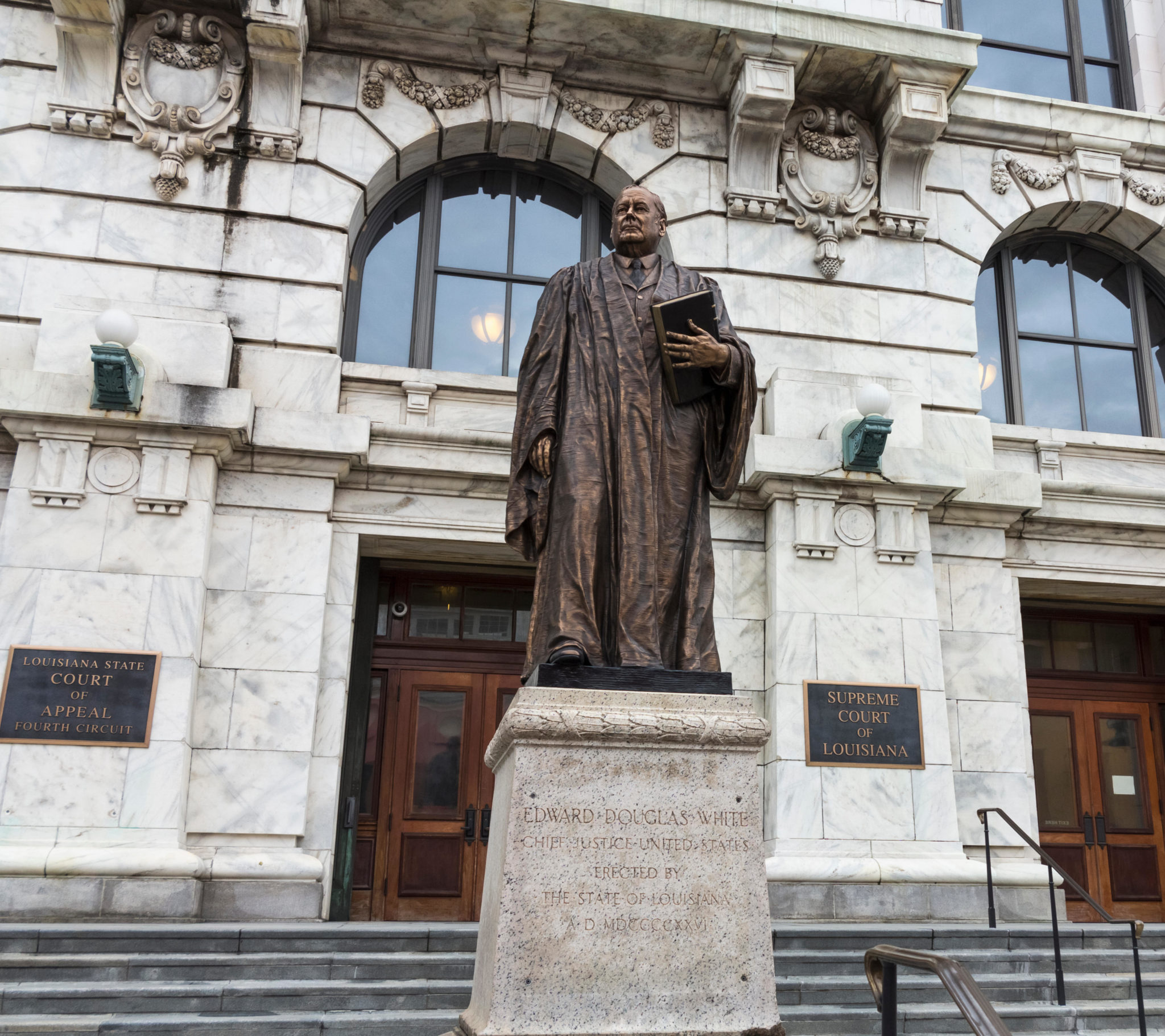
OTTINGER HEBERT OBTAINS $2M JUDGMENT IN KEY ETHICS DECISION
In an important decision in the field of attorney ethics, the Louisiana Fourth Circuit Court of Appeals held that an attorney fee-sharing contract was enforceable despite an alleged conflict of interest urged by the lawyer seeking to keep the entire fee. Two Ottinger Hebert attorneys, Paul J. Hebert and Benjamin D. Jones, represented the victorious law firm in the case of Wootan & Saunders v. Diaz, 2017-0820 (La.App. 4 Cir. 3/28/18), writ denied, 252 So.3d 908 (La. 2018).
Wootan involved a fee-sharing contract between a law firm, Wootan & Saunders (“W&S”), and another attorney, Glenn Diaz (“Diaz”), in connection with a wrongful death and survival action against the Louisiana Department of Transportation and Development (the “DOTD”). W&S, which was primarily a defense and administrative law firm, brought in Diaz to assist in the litigation because of his experience with personal injury cases. The parties agreed to split, by specific percentages, any contingency fee recovered in the underlying case. When the case resulted in a $13.5M settlement, Diaz took the entire fee, claiming that W&S did not comply with its obligations under the agreement, and that W&S had a conflict of interest with respect to the DOTD.
W&S sued Diaz to collect its share of the fee, and the district court held in favor of W&S after a trial on the merits. First, the court found that W&S had satisfied its obligations under the fee agreement, which were specifically limited to acting as a liaison between Diaz and the client. Second, the court found that W&S never had a conflict of interest as to the DOTD, since its limited relationship with the State of Louisiana had been in representing a wholly unrelated state agency on claims of an entirely different subject matter.
On appeal, the Louisiana Fourth Circuit affirmed the district court on both accounts. On September 21, 2018, the Louisiana Supreme Court denied writs. The result of the case was a verdict in favor of W&S in excess of $2,300,000, including interest and costs.
In what appears to be the first reported Louisiana decision on the issue, the court’s finding that it is not a concurrent conflict of interest to represent a state agency while also being opposed to a separate, wholly unrelated agency is an important result for lawyers who do work for the state. The Fourth Circuit’s decision should also discourage the use of allegations of ethical violations in an attempt to invalidate an otherwise enforceable written fee-sharing agreement between attorneys.